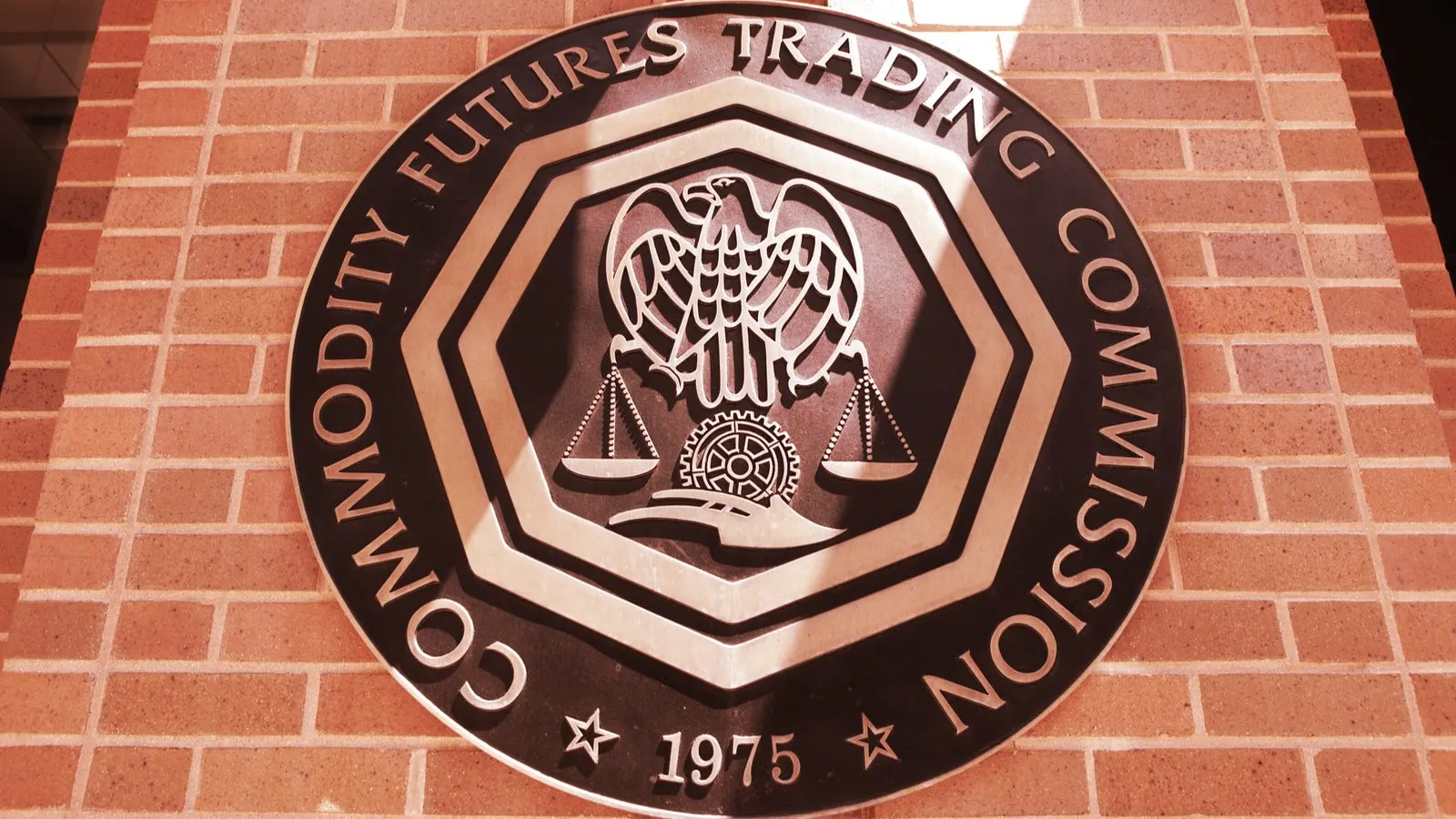The regulator which could soon be responsible for more of the US’s crypto oversight is beefing up its technology team, the agency’s chief said on Monday.
The Commodities and Futures Trading Commission (CFTC), which stands to gain greater authority over digital assets under the proposals of a bipartisan congressional bill, is setting up a new Office of Technology Innovation.
“We are past the incubator stage, and digital assets and decentralized technologies have outgrown their sandboxes,” said CFTC chief Rostin Behnam of the decision, while speaking at a Brookings Institution event yesterday.
The new office will replace the CFTC’s existing fintech team, called the LabCFTC, a project which was the brainchild of Behnam’s predecessor Christopher J. Giancarlo. The former CFTC Chairman is also a blockchain advocate who has embraced the nickname “Crypto Dad.”
Once the rebranding to the Office of Technology Innovation and reorganized is complete, the unit will be headed up by a director reporting to Behnam’s office.
As well as employing specialists in the field, the office will give CFTC staff the chance to rotate through and gain experience in crypto.
CFTC joins crypto regulation race
Behnam was speaking at a time when his agency looks set to take on more responsibility for crypto, marking a change from the current status quo in which the Securities and Exchange Commission (SEC) has led the charge.
A House bill called the Responsible Financial Innovation Act, which is co-sponsored by Senator Kirsten Gillibrand (D-NY) and Senator Cynthia Lummis (R-WY), would see the CFTC lead oversight on “fungible digital assets which are not securities.”
The bill is expected to go before the Congressional Agriculture Committee, which oversees commodities markets because of its historic role in grain futures markets. It may also move to a vote as soon as this year, according to Gillibrand.
Behnam said yesterday that he was “encouraged” by legislative efforts to create a more consistent regulatory approach.
“Even the strongest co-operative relationships may not yield the efficiency we need to put hard and fast stops to misconduct that increasingly has impacts beyond individual investors,” he said.
“The lack of a comprehensive regulatory regime, applicable to businesses operating in the digital asset market has led to inconsistent practices around issues such as trade settlement, conflicts of interest, data reporting, and cybersecurity.”

